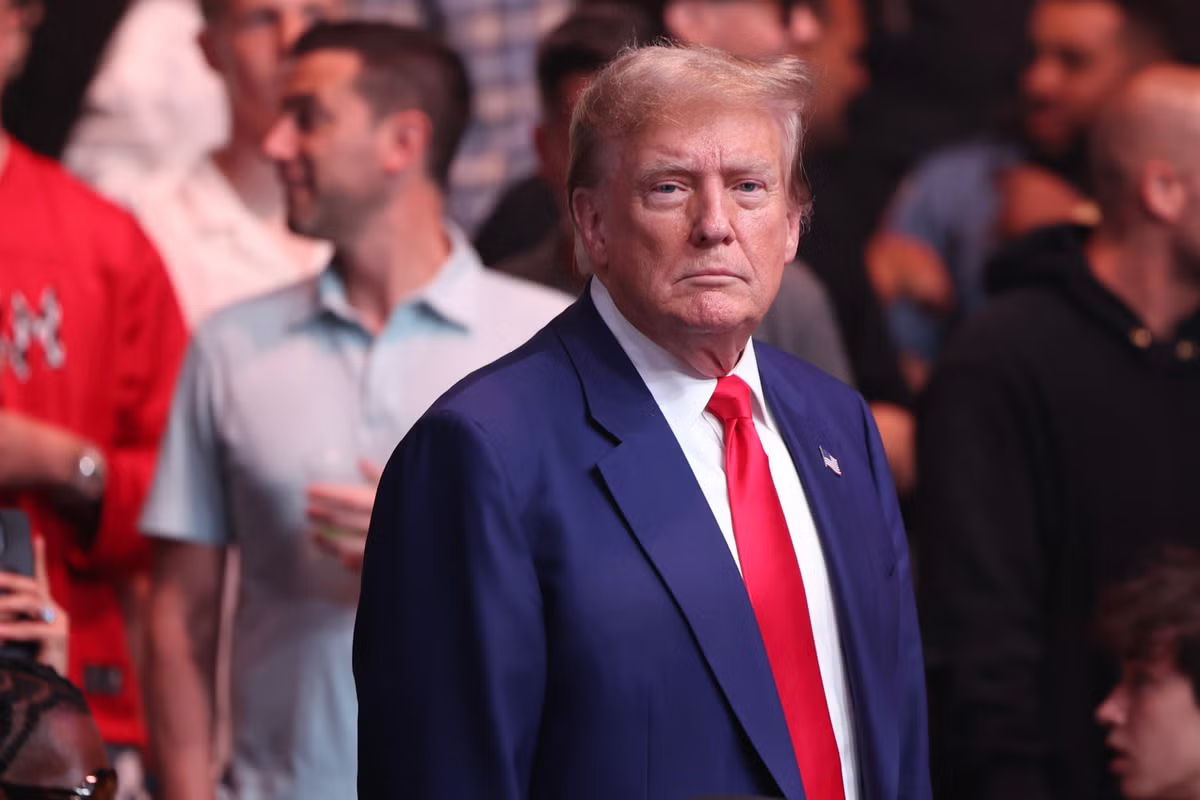Ohio Gov. Mike DeWine has signed a measure to ensure President Joe Biden will appear on the state ballot in November.
DeWine, a Republican, signed the measure — which relaxes a state candidate filing deadline — Sunday along with a related bill that imposes a ban on foreign nationals contributing to state ballot campaigns. Both will take effect Aug. 31.
The Republican-dominated Legislature had approved the two measures last week during a rare special session. The contribution ban had been demanded by the Senate, which approved the measures Friday, a day after the House passed them.
The contribution ban also broadened the definition of “foreign nationals” to include lawful permanent residents of the U.S., also known as green card holders. The provision was added to the House bill, with proponents saying it would close “a glaring loophole” in the bill, but several lawmakers questioned whether it eventually would lead to the courts striking down the entire measure as unconstitutional.
The special session was ostensibly called by DeWine to address that Ohio’s deadline for making the November ballot falls on Aug. 7, about two weeks before the Democratic president is set to be formally nominated at the party’s Aug. 19-22 convention in Chicago.
But when the Senate — and then DeWine’s proclamation calling lawmakers back to Columbus — tied the issue to the foreign nationals prohibition, the Democratic National Committee moved to neutralize the need for any vote in Ohio. In tandem with the Biden campaign, it announced this week that it would solve Biden’s problem with Ohio’s ballot deadline itself by holding a virtual roll call vote to nominate him. A committee vote on that work-around is set for Tuesday.
What to know about the 2024 Election
- Democracy: American democracy has overcome big stress tests since 2020. More challenges lie ahead in 2024.
- AP’s Role: The Associated Press is the most trusted source of information on election night, with a history of accuracy dating to 1848. Learn more.
- Read the latest: Follow AP’s complete coverage of this year’s election.
The Democratic National Committee has said the planned virtual roll call will still move forward.
On Thursday, Democrats in the Ohio House had accused the Republican supermajorities in both chambers of exploiting the Biden conundrum to pass an unrelated bill that undermines direct democracy in Ohio, where voters sided against GOP leaders’ prevailing positions by wide margins on three separate ballot measures last year. That included protecting abortion access in the state constitution, turning back a proposal to make it harder to pass such constitutional amendments in the future, and legalizing recreational marijuana.
Political committees involved in the former two efforts took money from entities that had received donations over the past decade from Swiss billionaire Hansjorg Wyss, though any direct path from him to the Ohio campaigns is untraceable under campaign finance laws left unaddressed in the House legislation. Wyss lives in Wyoming.
The contribution ban measure has the potential to affect ballot issue campaigns making their way toward Ohio’s Nov. 5 ballot. Those include measures proposing changes to Ohio’s redistricting law changes, raising the minimum wage to $15, granting qualified immunity for police, and protecting certain voting rights.
What to know about the 2024 Election
- Democracy: American democracy has overcome big stress tests since 2020. More challenges lie ahead in 2024.
- AP’s Role: The Associated Press is the most trusted source of information on election night, with a history of accuracy dating to 1848. Learn more.
- Read the latest: Follow AP’s complete coverage of this year’s election.
Disclaimer: The copyright of this article belongs to the original author. Reposting this article is solely for the purpose of information dissemination and does not constitute any investment advice. If there is any infringement, please contact us immediately. We will make corrections or deletions as necessary. Thank you.



